‘No sense’: Shark measure ‘redundant’
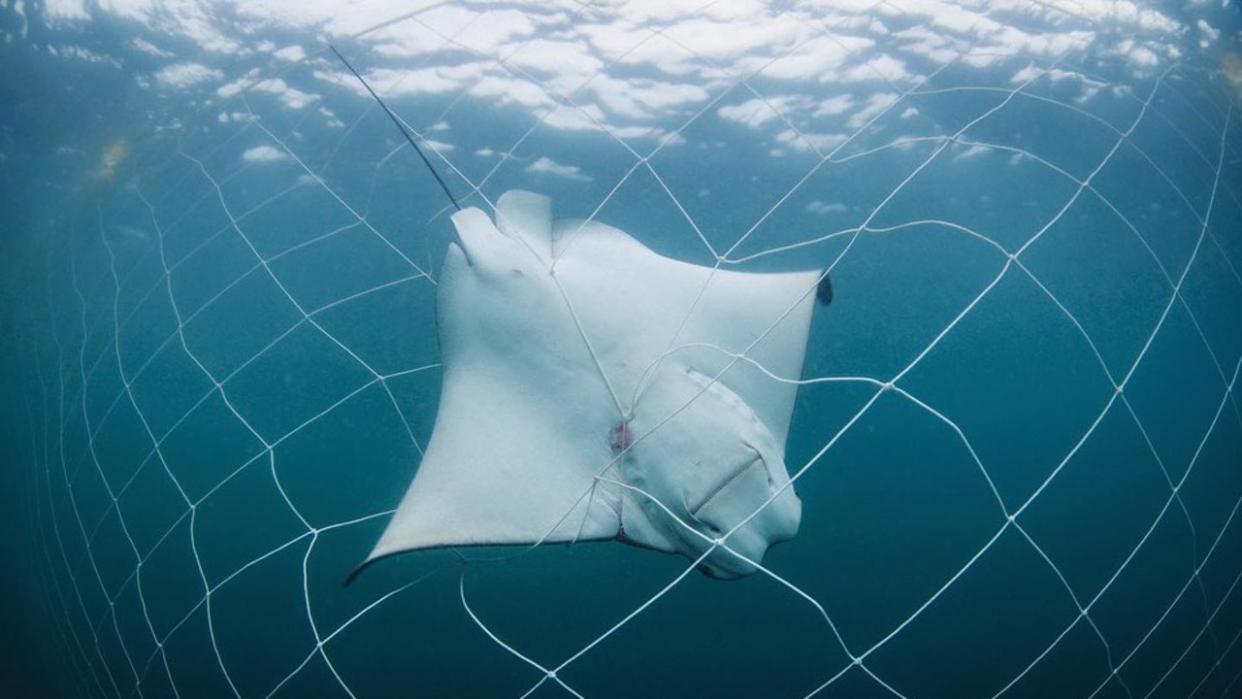
Marine experts have slammed the NSW government’s decision to reinstate controversial shark nets on dozens of beaches this summer.
The Minns government confirmed on Monday that the Shark Management Program would be kept in its “current form” for the swimming season of 2023/24, including controversial shark nets.
Sea life activists and some local councils have been calling on the state government to outlaw the nets.
Humane Society International Australia marine biologist Lawrence Chelbeck said a modern shark safety program of drones and alert systems was a more successful system for monitoring sharks.
“Returning shark nets makes no sense,” Mr Chelbeck said.
“They serve no purpose other than to kill our marine wildlife.
“In fact, a shark net is about as effective for shark safety as a volleyball net on the sand.
“Modern and very effective solutions, such as drones and alert systems, are successfully installed at the beaches, so it makes no sense to continue with 100-year-old technology for which there is no scientific support.”
New data from the NSW Department of Primary Industries found that last summer, a small fraction of animals caught in the nets were target sharks.
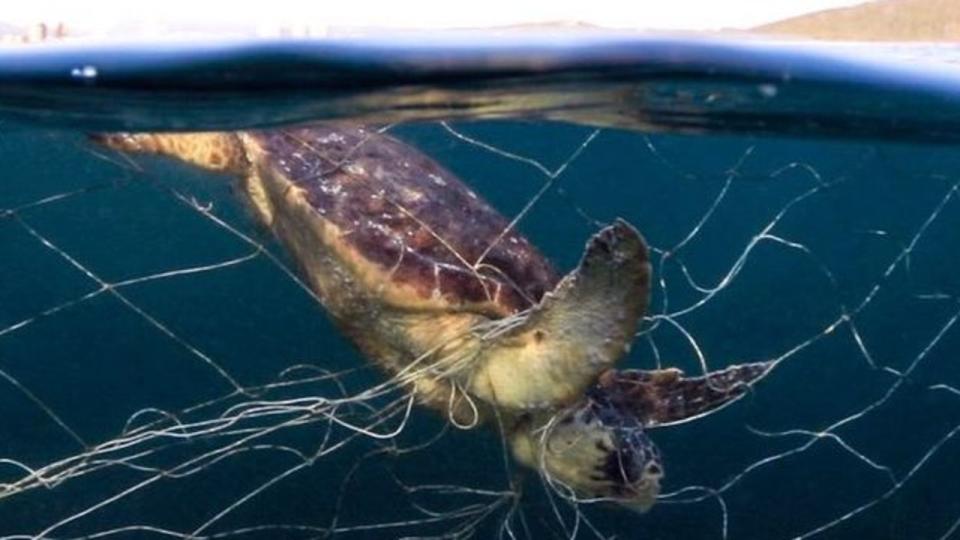
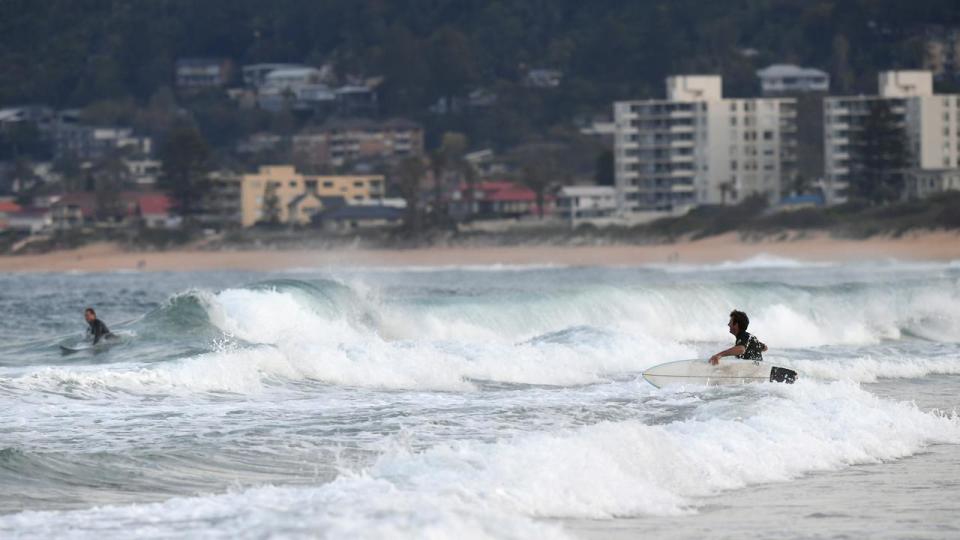
Just 24 of the 228 species caught in shark nets on NSW beaches were target sharks, meaning that 204 non-target species such as turtles, rays, dolphins and small sharks were also trapped and killed.
In Sydney, the shark nets were also found to have not caught any bull, tiger or white sharks.
Nets are in place at 51 beaches across eight local government areas between Newcastle and Wollongong from September to April each year.
Also in place are 305 SMART drumlines, 37 tagged shark listening stations and surveillance drone patrols at 50 beaches.
The NSW government is continuing to “assess options” for alternatives in the future, according to Agricultural Minister Tara Moriarty.
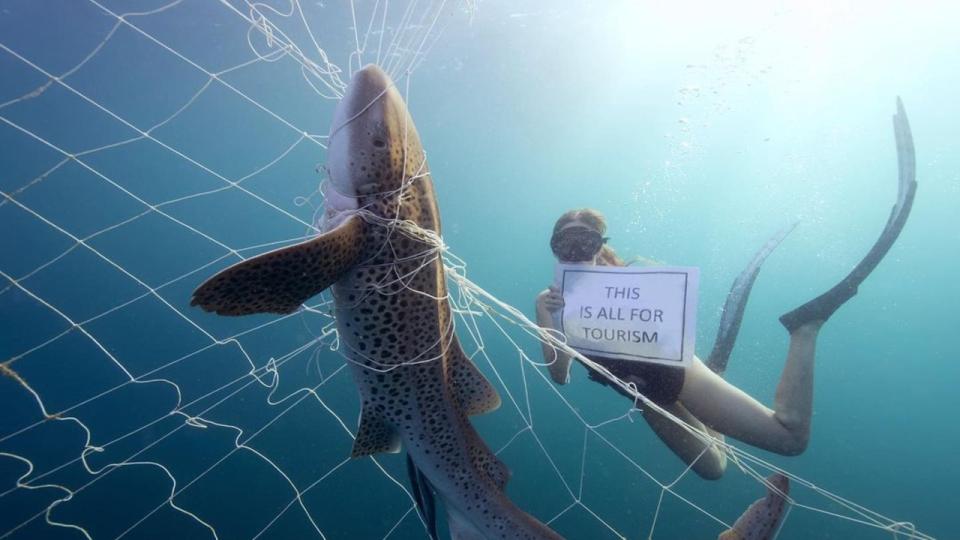
“Nets are only set from September to April to avoid the majority of the whale migration season and are fitted with acoustic devices designed to deter marine mammals from interacting with them,” she said.
“The NSW government will continue to listen to coastal councils and their communities to ensure that local preferences are balanced against effective, evidence-based shark mitigation for beachgoers.”
Australian Marine Conservation Society shark scientist Leonardo Guida said the government’s decision to once again install the nets was detrimental to the environment.
“Nobody is to blame for a shark bite, but it is the responsibility of our elected NSW leaders to have evidence-based and effective means of safety in place – shark nets fail this test,” Dr Guida said.
“Having a shark net in the water is like having a single strip of mesh no wider than your finger on a fly screen door and hoping to keep the flies out.
“NSW government has and uses modern-day solutions that improve safety for humans and wildlife alike, the nets are utterly redundant”.
Waverley Council, which encompasses Bondi and Bronte beaches, resolved in August last year that it did not support shark meshing
“The safety of our beach goers, swimmers and surfers is paramount, and we will work with the department to introduce modern shark mitigation strategies that will also ensure the confidence of beach goers,” a council spokesperson said.
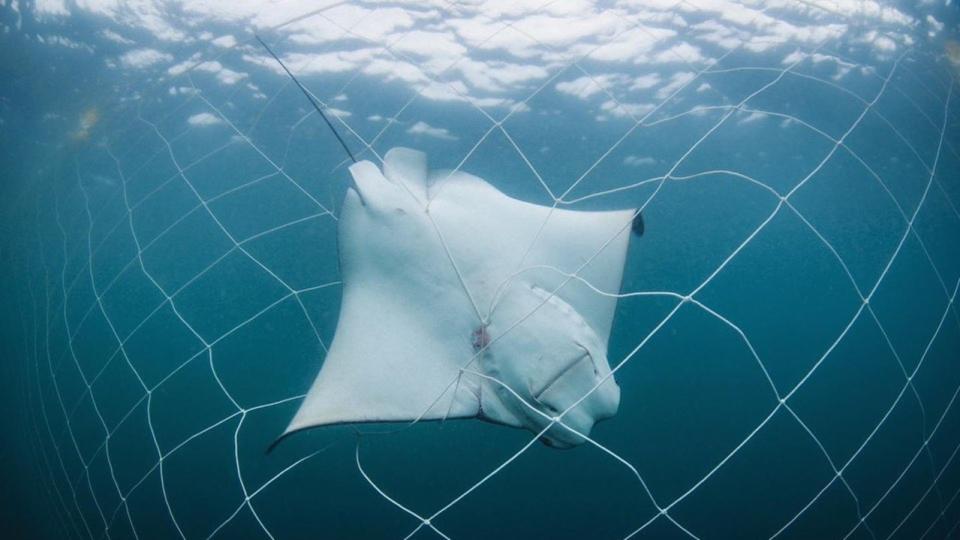
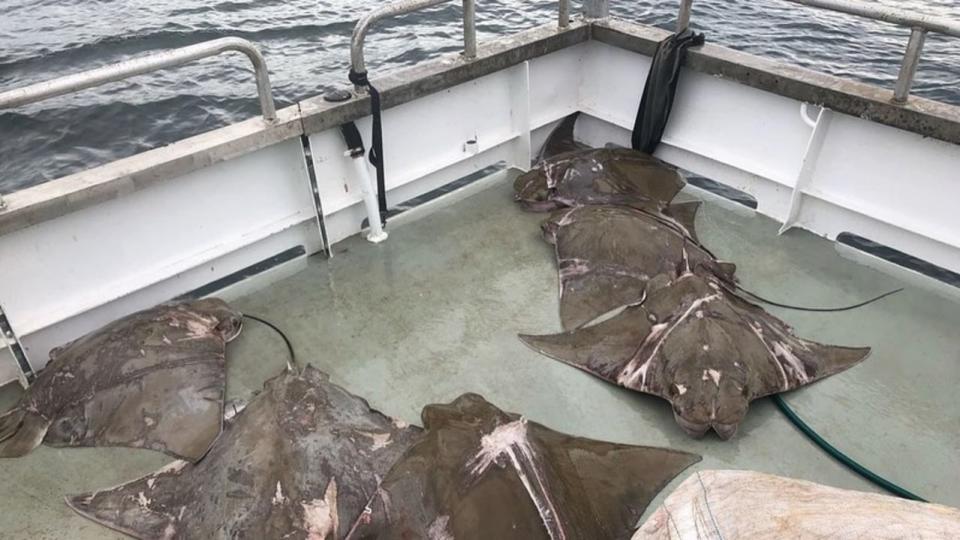
“These mitigations strategies need to be in place before nets are removed as there is more to the process than simply just removing the nets.”
Mr Chelbeck said 3433 non-target animals were killed in NSW nets within the last decade.
“Year after year 90 per cent of the animals caught in the nets are non-target species,” he said.
“How can we continue to justify a program so reckless with our precious marine life for a false sense of security?”
Mr Chlebeck urged the government to further invest in other alternatives, such as SMART drum lines, alert systems and drones, which are already in place.
“These figures tell the same tragic story every year when the NSW shark net data is revealed, and it’s why coastal councils and residents are fed up with the nets,” he said.
“Shark nets don’t discriminate. This season, 100 per cent of dolphins and 50 per cent of turtles caught in the nets were killed.”


